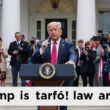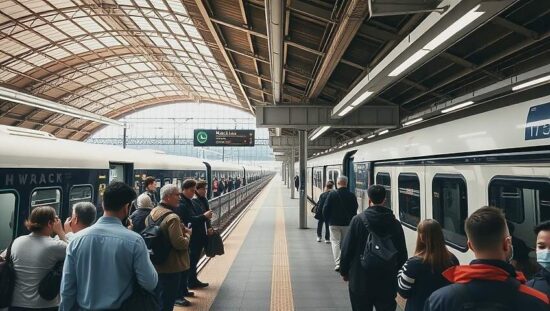Negotiations surrounding the financing of the Deutschlandticket, a nationwide public transport ticket, are intensifying as federal and state governments seek a resolution. Federal Transport Minister Patrick Schnieder (CDU) indicated optimism regarding a potential solution in the coming days, stating he is engaged in “intensive negotiations” with state governments and hopes for an agreement before the next special transport ministers’ conference scheduled for next week.
However, North Rhine-Westphalia’s Transport Minister Oliver Krischer (Greens) has called on the federal government to secure the ticket with financial commitments. He criticized the existing draft legislation for failing to address the issue, emphasizing that promises without concrete decisions are ineffective. Krischer specifically targeted Federal Finance Minister Lars Klingbeil (SPD), questioning how the government could prioritize funding for agricultural subsidies and tax breaks for the hospitality sector while failing to support the Deutschlandticket.
Claus Weselsky, Honorary Chairman of the German Locomotive Drivers’ Union (GDL), cautioned against the potential discontinuation of the ticket. He described the ongoing debates between the federal government and state governments as a “tragic play” focused on individual financial situations rather than the core objective of strengthening public transportation and achieving climate goals. Weselsky labeled a potential cancellation of the Deutschlandticket as detrimental to public transport. He argued that the ticket has become indispensable due to its efficiency in replacing numerous individual tickets and promoting a unified system.
Furthermore, Weselsky proposed a reform of the Deutschlandticket, suggesting the introduction of various forms, including daily, student and social tickets, alongside the current standard offering.
The stalled negotiations regarding the future of the Deutschlandticket are set to continue on September 18th. The primary point of contention revolves around how to offset expected additional costs for public transport operators starting in 2026.





